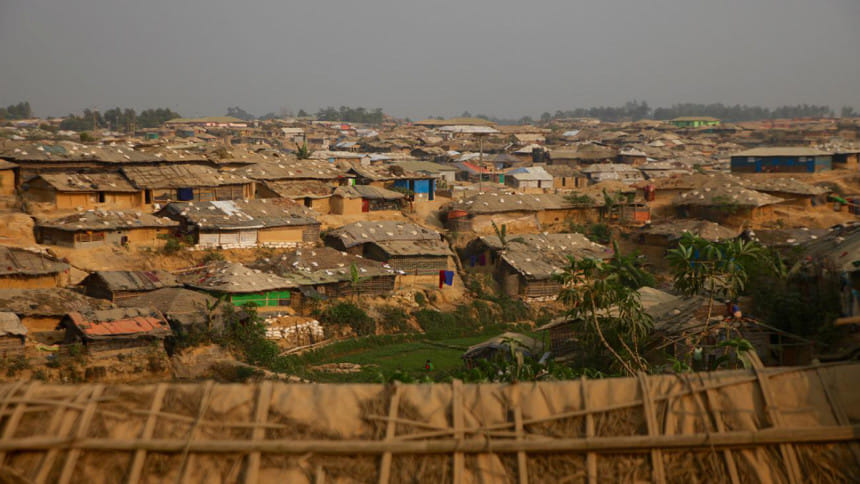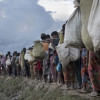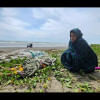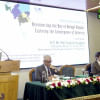Remove all barriers to repatriation

Bangladesh has urged Myanmar to remove all barriers to the repatriation of Rohingyas and take concrete steps to create conditions conducive to their return.
It also emphasised the need for positive steps towards a "well-defined time-bound pathway" to citizenship that would encourage the Rohingyas to return home voluntarily.
The suggestions were put forward at the fourth meeting of Bangladesh-Myanmar Joint Working Group (JWG) in Nay Pyi Taw yesterday.
Mahbub Uz Zaman, secretary (Asia & Pacific) at the Bangladesh foreign ministry, and U Myint Thu, permanent secretary of Myanmar foreign ministry, led their respective delegations at the meeting, according to a statement by the Bangladesh foreign ministry.
Bangladesh particularly stressed the need for removing legal and administrative barriers, including freedom of movement, safety and security, to ensure basic rights of the returnees.
Fleeing a military crackdown in Rakhine, thousands of Rohingyas have taken shelter in Cox's Bazar since August 2017. Some one million Rohingyas, including 750,000 who fled violence since August 2017, are now living in Bangladesh.
At yesterday's meeting, Dhaka called upon Nay Pyi Taw to start repatriation soon. The process remained stalled although Bangladesh and Myanmar signed a bilateral deal on repatriation in November 2017.
In June last year, Myanmar also entered into a tripartite deal with the UN Refugee Agency and the UNDP, allowing them to assess conditions in Rakhine state.
The UN says conditions in Myanmar have not been conducive for sustainable, voluntary and dignified return of the Rohingyas, who have been fleeing persecution in Rakhine since 1980s. They were denied citizenship and basic rights, including rights to movement, education and healthcare.
Escalation of armed clashes between the Myanmar Army and Arakan Army, a Buddhist rebel group seeking greater autonomy in Rakhine, has further complicated the situation there.
Despite preparations from both the countries, Rohingyas in Cox's Bazar camps refused to return in November last year, arguing that the conditions were not safe and secure, and that there was no guarantee for their citizenship and recognition as an ethnic group.
The Bangladesh foreign ministry said the JWG held substantive discussions on issues related to safe, dignified and sustainable repatriation of the forcibly displaced Myanmar citizens.
"Bangladesh highlighted the need for deeper engagement between the Myanmar authorities and the prospective returnees with a view to convincing and motivating them," said the statement.
To this effect, Bangladesh proposed that Myanmar delegations can visit Cox's Bazar to directly engage with the Rohingyas, it added.
The two countries agreed to speed up the verification of Rohingyas.
Referring to a dispute on the eligibility of more than 2,000 prospective returnees from the first batch of verified Rohingyas, Bangladesh proposed hosting the first meeting on dispute settlement mechanism soon. Myanmar agreed to the proposal.
Bangladesh also highlighted the need for allowing greater engagement of the international community, including the ASEAN and other interested partners, in improving the ground situation in Rakhine.
Dhaka urged Nay Pyi Taw to share verifiable information on the ground situation in Rakhine so that prospective returnees can take an informed decision, said the statement.
International relations experts have suggested that Bangladesh should take a strong stance on the repatriation of Rohingyas as their presence has become a huge burden for the country -- economically, environmentally and diplomatically.

 For all latest news, follow The Daily Star's Google News channel.
For all latest news, follow The Daily Star's Google News channel. 








Comments